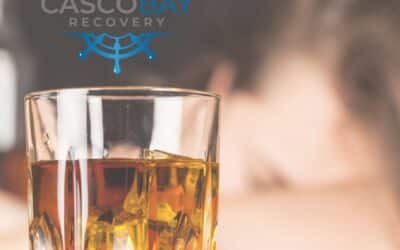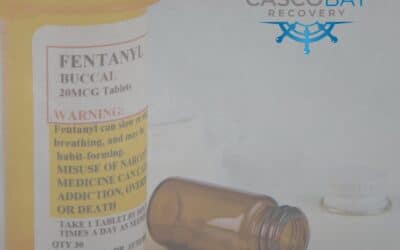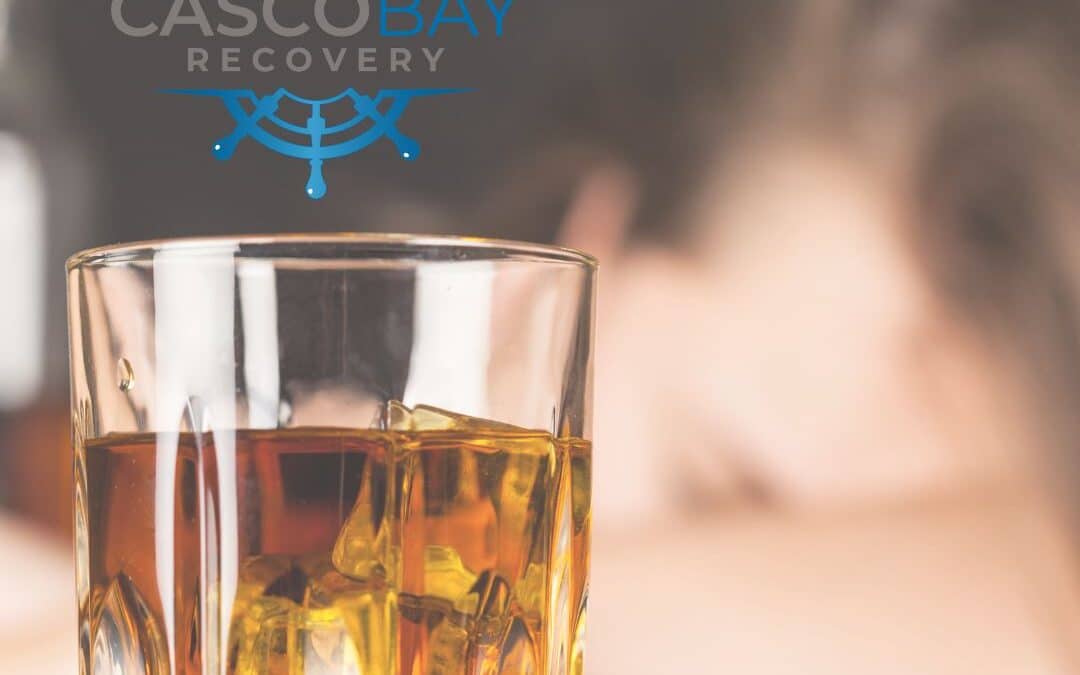What Helps and What Doesn’t
The road to recovery from addiction can be long and challenging. Seeking ways to optimize your health and well-being during this journey is natural. Dietary supplements offer a tempting solution, promising faster recovery, improved mood, and increased energy. But do dietary supplements and recovery truly go hand-in-hand? It’s important to separate fact from fiction to ensure these supplements genuinely support your health goals. Let’s dive in!
Supplements That May Aid Recovery
It’s crucial to remember that supplements should never replace the foundational elements of addiction recovery, like therapy, support groups, and healthy lifestyle changes. However, certain supplements may have a supporting role:
- Omega-3 Fatty Acids: Found in fish oil, these healthy fats have anti-inflammatory properties that could potentially reduce muscle soreness and promote healing. Research suggests omega-3s might also help manage symptoms of depression and anxiety, common in recovery.
- Protein: Building blocks for muscle repair and growth. Protein supplements like whey or casein can aid in muscle recovery after exercise, supporting physical health during your journey.
- Vitamin D: Known as the “sunshine vitamin,” it plays a role in immune function and mood regulation. Deficiencies are common in people with substance use disorders. Supplementation might offer some benefits.
- Probiotics: These “good bacteria” support gut health, which may improve immune function and nutrient absorption. Studies suggest probiotics may have a positive impact on mental health.
Supplements to Use with Caution
While some supplements may have value, others need further scrutiny:
- Herbal Supplements: Often marketed for stress reduction, sleep support, or mood enhancement. It’s crucial to discuss these with your doctor due to potential interactions with medications and possible unknown side effects. The NIH published an article on Chinese Herbal Medicine for the Treatment of Drug Addiction with more information.
- Performance Enhancers: Supplements promising to boost energy and muscle gains might contain risky ingredients. Prioritize natural recovery techniques and consult your doctor before using such products.
The Importance of Professional Guidance
- Consult Your Doctor: Always talk to your doctor before starting any supplements. They can assess potential interactions with your medications and ensure supplements are safe based on your health history.
- Don’t Expect Miracles: Supplements aren’t magic solutions for complex issues like addiction. They should only be considered as a potential addition to a holistic recovery plan.
- Prioritize a Balanced Diet: Focus on consuming various whole foods like fruits, vegetables, lean proteins, and whole grains to give your body the nutrients it needs for optimal recovery.
Potential Risks of Dietary Supplements
- Mislabeling and Contamination: Not all supplements are created equal. Some may be contaminated with harmful substances or contain different ingredients than advertised on the label.
- Interactions with Medications: Supplements can interact negatively with prescription medications, potentially causing harmful side effects.
- Overreliance: Focusing solely on supplements can distract from the core components of addiction recovery and may lead to unbalanced expectations.
Choosing Supplements Wisely
If you do decide to explore supplements, here are ways to minimize risk and maximize responsible use:
- Look for Third-Party Verification: Choose supplements with seals from reputable organizations like NSF International or USP, which verify that the contents match the label and are free from contaminants.
- Read the Label Carefully: Pay attention to the ingredient list and serving sizes. Be wary of supplements with proprietary blends that don’t disclose the exact amounts of each ingredient.
- Choose Reputable Brands: Opt for brands with a track record of quality and transparency. Do your research and read reviews from other consumers.
- Start with Low Doses: Begin with a lower dose than recommended on the label and observe how your body reacts. Increase gradually if needed.
Food First, Supplements Second
While certain supplements might offer support, it’s vital to put a “food first” approach at the center of your recovery plan. A balanced diet rich in whole, unprocessed foods provides a wide range of essential nutrients your body needs to function at its best. Here’s how to optimize your nutrition:
- Variety is Key: Include a diverse array of fruits, vegetables, whole grains, lean proteins, and healthy fats in your diet.
- Hydration Matters: Proper hydration is essential for recovery. Aim for plenty of water and other hydrating fluids throughout the day.
- Listen to Your Body: Pay attention to hunger and fullness cues. Eat regular meals and snacks to maintain stable energy levels.
The Bottom Line on Dietary Supplements and Recovery
Dietary supplements can be a complex topic, especially during addiction recovery. While some might offer potential benefits, they should never be viewed as a replacement for evidence-based treatment, a healthy lifestyle, and professional medical guidance. Here’s the key takeaway:
- Talk to Your Doctor: Always consult a healthcare provider before incorporating supplements into your recovery plan.
- Prioritize Whole Foods: Focus on a balanced diet rich in real, nourishing foods.
- Don’t Be Fooled by Hype: Be skeptical of marketing claims that sound too good to be true. Do your research and choose supplements responsibly.
Additional Resources
- Office of Dietary Supplements – National Institutes of Health
- MedlinePlus – Herbs and Supplements
- Casco Bay Recovery – Blog
The journey of recovery is multifaceted. While dietary supplements might play a small role for some individuals, they should always be approached with caution and under professional guidance. Focus on building a sustainable healthy lifestyle, prioritize whole foods, and always remember that the foundations of true recovery lie in therapy, support systems, and personal growth.








